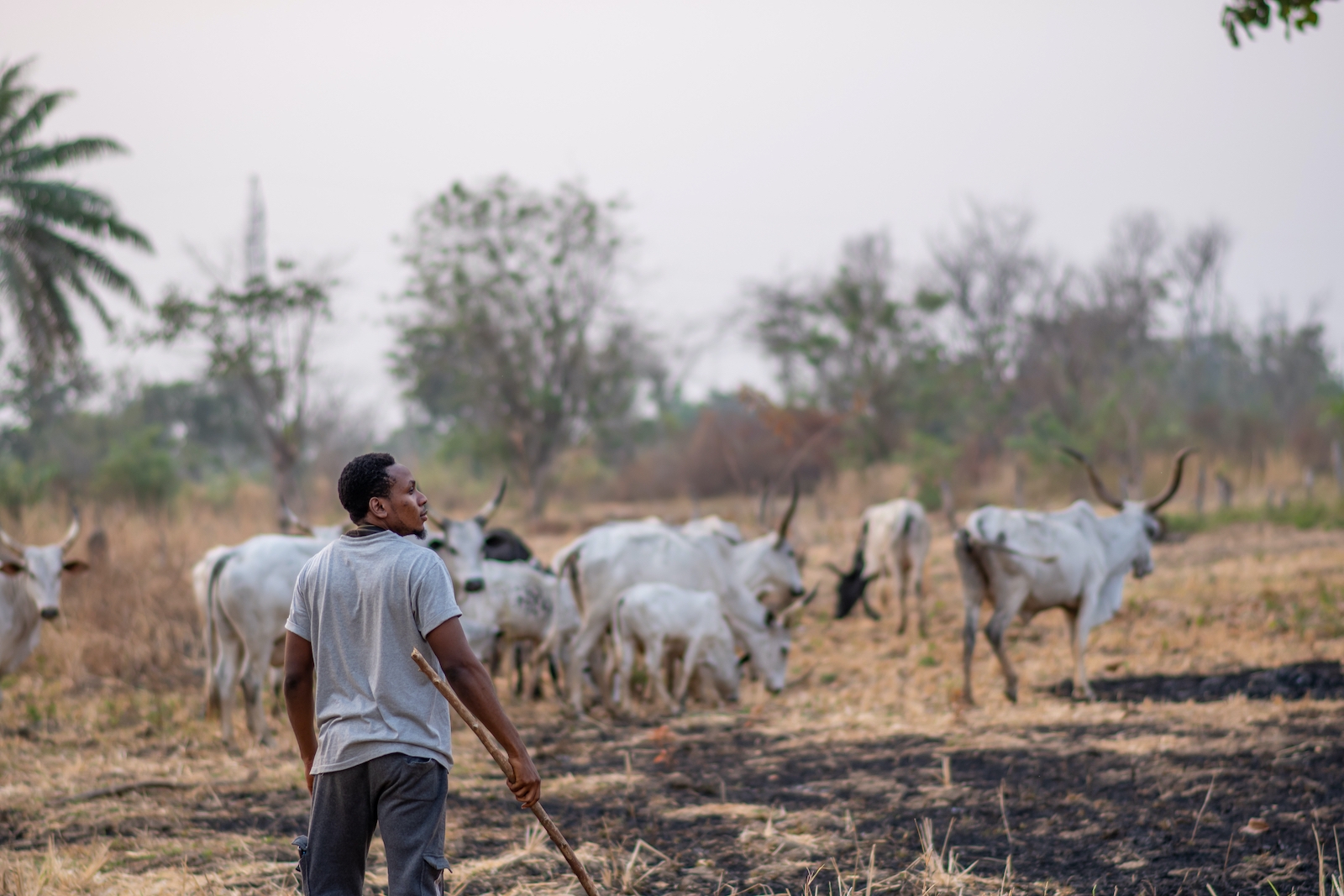
Nigeria Targets Agriculture to Boost Economy
Nigeria has had a tough two years since the pandemic began. The fall in crude oil prices in 2020, on account of falling global demand and containment measures to fight the spread of COVID, made the country enter a recession, reversing three years of economic growth. But with worldwide demand now booming and oil prices spiking, Africa’s largest economy is set to return to growth.
In 2020, Nigeria experienced its deepest recession in two decades, with the GDP shrinking by 3% as the fallout of the global pandemic hit aviation, tourism, hospitality, restaurants, manufacturing, and trade. But with restrictions being eased and oil prices recovering, the economy is projected to grow by 1.5% in 2021 and 2.9% in 2022, according to the African Development Bank (AfDB).
Importantly, the government-initiated reforms at the height of the pandemic, to eliminate gasoline subsidies and increase transparency in the public sector, to counter the economic shock. These changes will benefit the economy in the medium term.
One of the challenges for the Buhari administration is to diversify the economy away from oil and gas and to make agriculture one of the avenues to boost growth.
The aim is also to make the country food secure by investing in the agricultural sector, through the intervention of several institutions, including Nigeria’s central bank, in financing and enhancing the agricultural value chain.
Over 70% of Nigerians engage in the agriculture sector, mainly at a subsistence level. Yet overall farm yields in Nigeria are still below average. Most of the rice consumed in the country today is largely imported, despite the government’s efforts at reducing rice imports. Nigeria is the largest global producer of cassava, producing around 50 million metric tonnes annually. Both crops are grown predominantly by smallholder farmers, who are faced with the problem of low productivity.
This is due to a poor land tenure system, low levels of irrigation farming, climate change, and land degradation. The other reasons are low technology, high production costs, poor distribution of inputs, limited financing, high post-harvest losses, and poor access to markets.
The Nigerian government has implemented several initiatives and programmes to address this situation, including the Agriculture Promotion Policy (APP), the Nigeria-Africa Trade and Investment Promotion Programme, the Presidential Economic Diversification Initiative, as well as economic and export promotion incentives.
All these efforts aim to increase agricultural productivity to provide sufficient quantities of food to meet domestic demand, as well as an abundance of commodity crops for export to the international market.
The World Bank is supporting Nigeria’s agricultural sector, including through the Commercial Agriculture Development Project, the Transforming Irrigation and Water Resources Management Project, and the West Africa Agriculture Productivity Project. These have helped over 7 million farmers receive improved agricultural technology. Cassava farmers realised more than $55 million as revenue and a gross margin of over $36 million in 2019. Rice, sorghum, and tomato farmers realized gross margins of over $288 million, $169 million, and $53 million respectively.
In addition, 3,102 hectares received improved irrigation services through the ongoing rehabilitation of 3 dams located in Sokoto, Zamfara, and Kano states under the World Bank’s Transforming Irrigation Management in Nigeria project.
Meanwhile, the African Development Bank plans to spend $563 million in 2022 on rural roads, transport infrastructure, water sanitation, and agricultural productivity in Nigeria.
“This will allow private sector food and agribusiness companies to reduce the amount of losses they have, create a more competitive value chain, transform the rural areas from the zones of misery to the zone of economic prosperity, and increase the amount of resources the state has,” said Akinwumi Adesina, president of the AfDB.
The private sector is also stepping in to boost agricultural productivity. Dubai-based AFTRADE DMCC has signed an agreement to supply thousands of affordable tractors to Nigeria, which will help farmers boost their output. The tractors will be manufactured in Belarus and distributed in Nigeria with local servicing centres providing spare parts and warranty services.
“Our range of tractors will revolutionize farming in Nigeria, with local farmers able to mechanize the sowing and harvesting of their crops. This will give smallholders the means to boost the yields and earnings they get from their farms,” said Aleksander Zingman, head of AFTRADE DMCC.
New research by Standard Chartered Bank has projected that Nigeria’s export trade would hit $112 billion in 2030, with India, Indonesia, and China being the major opportunity corridors.
The report, “Future of Trade 2030: Trends and Markets to Watch,” commissioned by Standard Chartered and prepared by PwC Singapore, said that, while metals and minerals would be Nigeria’s primary exports, agriculture and food exports could help to grow its future trade corridors.
“Cocoa beans, sesame seeds, and cassava are Nigeria’s key agricultural exports. Nigeria is the world’s fourth-largest cocoa bean exporter and the largest cassava producer. Growing global demand for sesame seeds, underpinned by its positioning as a healthy product, and demand for ethanol and other cassava by-products present strong export growth potential. Nigeria’s agriculture export share is small but expected to grow as Nigeria has prioritised agricultural development for its economic growth,” the report noted.
With the public and private sectors joining forces to boost agriculture in Nigeria, this could provide a welcome boost to the country’s economy just when it needs it the most.

